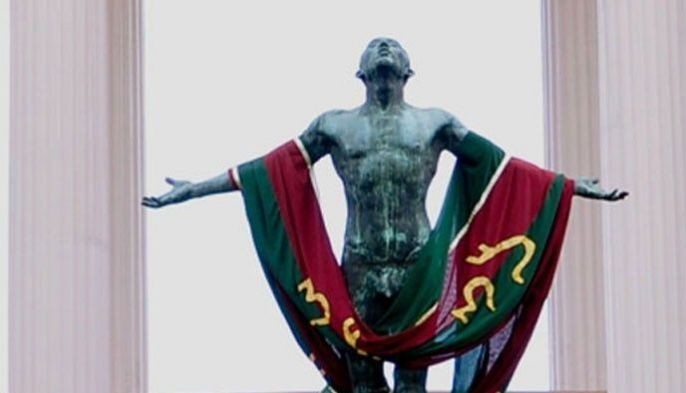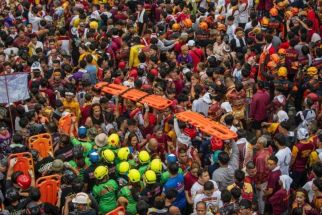Palace hopes for speedy resolution in Maguindanao massacre case
MANILA, Philippines - Six years after the gruesome crime, Malacañang is hopeful that the judiciary will find ways to speed up the process of the Maguindanao massacre case, which left 58 persons dead, including 32 media workers.
Presidential spokesman Edwin Lacierda noted that there have been concerns about the pace of the case.
“On the part of the trial process, we know that it is slow but that is within the portion of the judicial branch,” Lacierda said in an interview with radio station dzRB.
“We continue to ask our judicial branch if there’s any way that they (can do) to speed up the pace of the case. We understand that the Supreme Court has done a number of reforms to ensure that the case will move fast. Hopefully, it will be resolved at the earliest possible time,” he added.
Lacierda said the massacre, regarded as the bloodiest single incident in the history of Philippine journalism, was “a grisly act.”
“We continue to be outraged by the whole incident and we remember the people who unfortunately died in that tragic massacre,” the presidential spokesman said.
The massacre was believed to have been plotted by the Ampatuans, an influential clan in Maguindanao.
Authorities believe that the motive behind the killings was political rivalry as some members of the Mangudadatu family, a rival clan of the Ampatuans, were among those who were killed.
Andal Ampatuan Sr., the clan patriarch who was accused of being the brains of the massacre, died of heart ailment last July. Officials previously expressed optimism that they would be able to secure the conviction of other primary suspects before President Aquino steps down from office next year.
The Zenarosa Commission, a panel formed to look into the circumstances that led to the incident, said there are deficiencies in laws and policies on the use and possession of firearms.
The proliferation of private armies was also attributed to the problematic guidelines in the monitoring of civilian volunteer organizations, the vulnerability of military and police to local officials who supervise them, and the abuse of the internal revenue allotment.
- Latest
- Trending





























